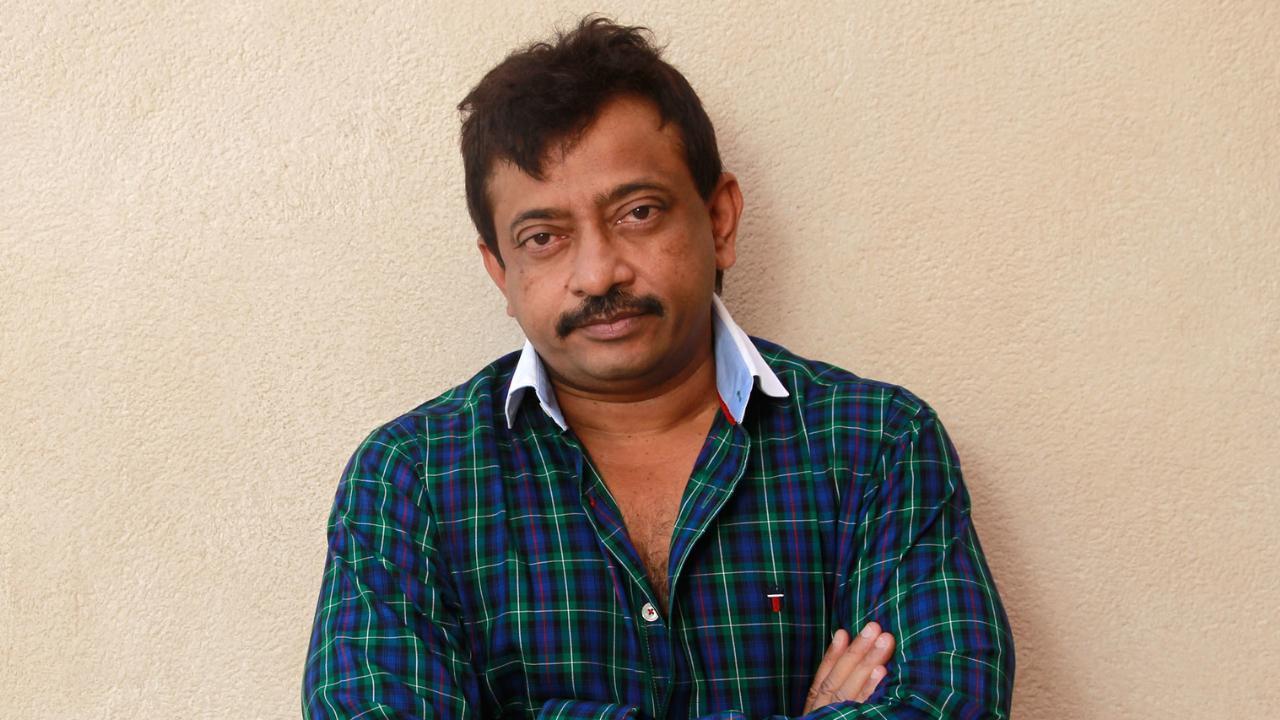
As the third Test between India and England unfolded in Rajkot, a young cricketer at the crease commanded attention with his poised and skillful batting. Shubman Gill, donning the mantle of the number three position in the batting lineup—a role previously belonging to the established Cheteshwar Pujara—was in the midst of etching his mark on the pitch.
The 24-year-old showed prowess and promise as he built his innings on the fourth day, elegantly steering the ball to all corners of the field with an array of shots that spoke of his technical finesse and temperament. His second significant fifty-plus score at number three included a century milestone in a previous outing, indicating a proficiency settling into the critical batting spot.
However, Gill’s ascent to cricketing acclaim on this day was marred by an agonizing twist of fate that left fans and the cricketer himself in a state of disbelief. Approaching a well-deserved century, Gill stood at 91 runs, a mere nine runs shy of the coveted three digits. The situation took a dramatic turn when a mixup with Kuldeep Yadav, the previous day’s resilient nightwatchman, resulted in a disastrous run out.
The suddenness of the moment saw Gill stranded outside the crease, victim to the swift coordination between England’s Ben Stokes and Tom Hartley. The run out cut short what could have been a memorable century, but inadvertently propelled Gill into an exclusive but bittersweet club of Indian cricketers.
Shubman Gill’s untimely dismissal placed him alongside only five other Indian batsmen in the history of Test cricket who were run out in the nineties. This distinguished but rare list includes illustrious names such as MS Dhoni and Ajay Jadeja. Adding a touch of historical significance to the event, Gill’s dismissal marked the first time in over a decade that an Indian batsman was run out in the nineties in Test cricket—a fate last befallen upon MS Dhoni in 2012.
The elite group of Indian batters Gill joined comprises:
– Vinoo Mankad, who scored 96 against the West Indies in 1953,
– ML Jaisimha, notching up 99 versus Pakistan in 1960,
– Dilip Vengsarkar, with 90 against Sri Lanka in 1982,
– Ajay Jadeja, who reached 96 against the West Indies in 1997, and finally
– MS Dhoni, who was stopped just short of a century with 99 against England in 2012.
Now, Shubman Gill has his name etched alongside these greats with his score of 91 against England in 2024. Though he missed the century mark, it is performances like these that build the foundation of a potentially illustrious cricketing career. Run outs in cricket are often seen as unfortunate events, possibly avoidable instances that are remembered with a tinge of regret. For Gill, this particular run out may linger in his memory not just as a missed opportunity but as a pivotal learning experience early in his career.
As he walked back to the pavilion, the Rajkot crowd acknowledged the young cricketer’s valiant effort with a standing ovation. An applause not just for the runs scored but for the potential and resilience displayed on the cricket field. India’s search for a solid number three has been an ongoing narrative since the decline of Pujara’s tenure, and Gill’s recent performances ignite hope for a long-term fit.
With many years of cricket ahead, Shubman Gill has the opportunity to refine his skill and convert starts like these into commanding centuries. As the cricketing world looks on, it eagerly anticipates the next chapter in Gill’s unfolding story—one that, given his talent and tenacity, promises runs, records, and possibly redemption for the nine runs that slipped away in Rajkot.










